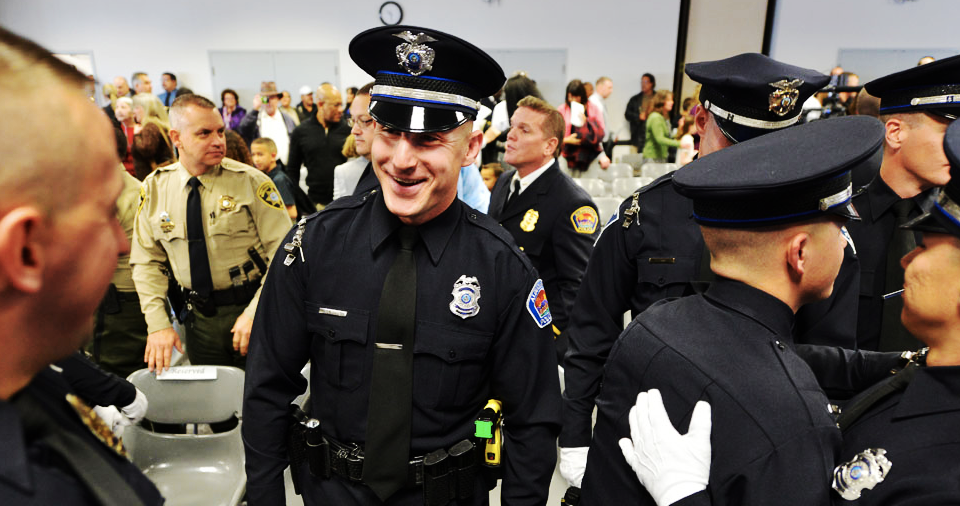 Recently, the Methuen Police Department admitted to favoring job applicants who promised they would never arrest fellow officers for drunk driving.
Recently, the Methuen Police Department admitted to favoring job applicants who promised they would never arrest fellow officers for drunk driving.
The Massachusetts Civil Service Commission official wrote, in an official investigation that he was disappointed to discover that the city gave higher ranking points to candidates who said they would never arrest a fellow officer for drunk driving, and they even docked applicants points if they said they would.
In other words, the police department favored criminal cops who believed that police officers should be above the law.
“The City turned the interview process upside down,” Christopher C. Bowman, the chairman of the Civil Service Commission, wrote in their July 9th decision.
“There is simply no valid basis to award the highest points to candidates who express a willingness to apply one set of rules to strangers and another set of rules to friends and family members.”
Mayor Stephen N. Zanni intends to review the police hiring process and procedures, he says.
Until then, he says he does not believe he should comment on the findings, beyond stating that police should arrest anyone caught drunken driving.
“Everyone should be treated equally — no question,” Zanni explained.
Police Lieutenant Michael Pappalardo testified that he is “looking for some bearing, some honesty, and how quickly the person can think on their feet”.
He said that he wouldn’t believe anyone who said they would arrest family or friends. He also said that potential officers should “know discretion.”
“Some of the interview panelists actually heaped high praise on those candidates who stated that they would arrest a stranger but not arrest a friend or family member based on the same facts, citing their understanding of ‘discretion,’” Bowman found in the commission’s decision.
A 2008 Civil Service Commission decision argued that it was unfair to punish a Pittsfield officer for refusing to report a traffic stop involving a fellow cop, since this “professional courtesy” is so widespread.
“Every police officer who testified before the commission testified that the routine and customary practice when a stop is made on a fellow police officer, is to show professional courtesy and not call in the stop,” the report claimed.

